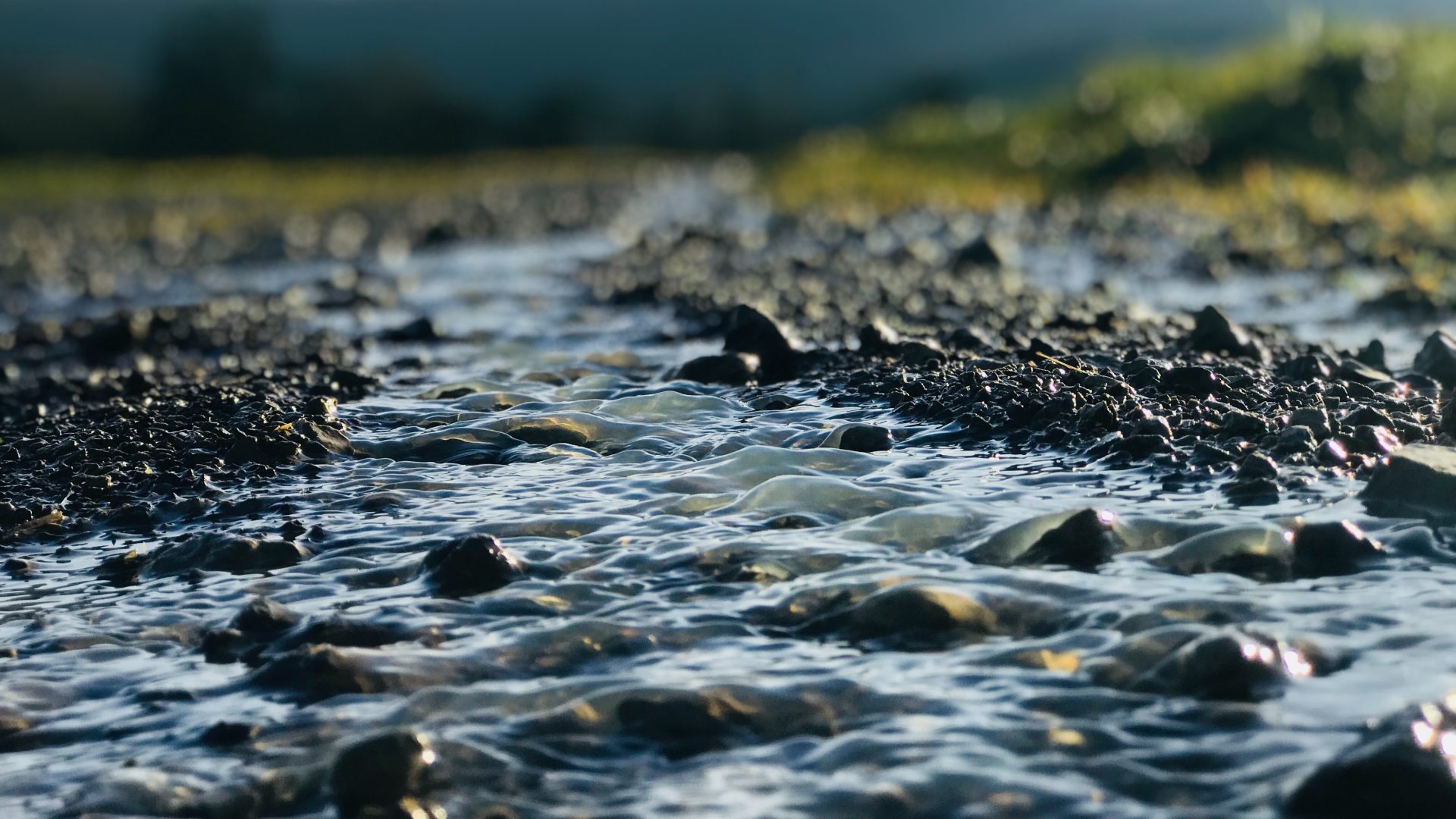Spoil excavated from the super sewer project is being used to create what is thought to be the largest habitat creation scheme inside the M25.
The site in Rainham, which is owned by the RSPB and managed by the Port of London Authority and its contractor Land & Water, is already home to a number of bird species, including lapwing, little ringed plover and red shank.
But thanks to clay excavated from west London and chalk excavated from east London, the 110-hectare site is now undergoing a ‘green transformation’.
The clay is being used to create an impermeable layer to retain water in new lakes while the chalk excavated from the east of London is being used to create a varied landscape at the site.
The plot on the northern bank of the Thames sits close to two existing RSPB-run sites – Rainham Marshes and the Wennington Marshes Nature Reserve.
Alan Johnson, RSPB’s Area Manager for Kent and Essex, said:
“To see this site being restored in this way, using material dug out from deep beneath London, is just fantastic.
“Many bird species are returning, and we fully expect the wildlife here to flourish as the site develops over the coming years.
“Tideway’s commitment to beneficially reuse their excavated material is great to see, and it’s encouraging that other projects are following this approach.”
The nearby RSPB sites are already a haven for a wide range of wildlife, including birds, water voles, dragonflies, and it is hoped that this new plot will provide additional high-quality wetland for these and potentially more species.
Historically, the site has been used as a dredging disposal facility, but in recent times, there has been a desire from the PLA, the RSPB and from Natural England to restore the area to a wetland to create a better environment for wildlife.
Meanwhile in its early planning phase, Tideway had committed to beneficially reuse 85% of its excavated spoil and for 90% of this material to be transported by river – and Rainham was chosen as one of the perfect sites.
Samantha Freelove, Legacy and Sustainability Manager at Tideway, said:
“As we work to protect the River Thames from sewage pollution, we want to be an environmental project not just in what we’re doing, but in how we’re doing it.
“That’s why our collaboration with the RSPB and Land & Water, to ensure the spoil we’re excavating is being reused in the best way possible, has been so important.”
In total, Tideway has excavated, transported and reused almost a million tonnes of chalk and almost half a million tonnes of clay at this site in Rainham.
In addition to creating new lakes and increasing the variation in the shape of the land, Land & Water is also investing research lagoons and a new jetty at the site.
Watch the latest episode of Tunnel Vision all about the new nature reserve below.



